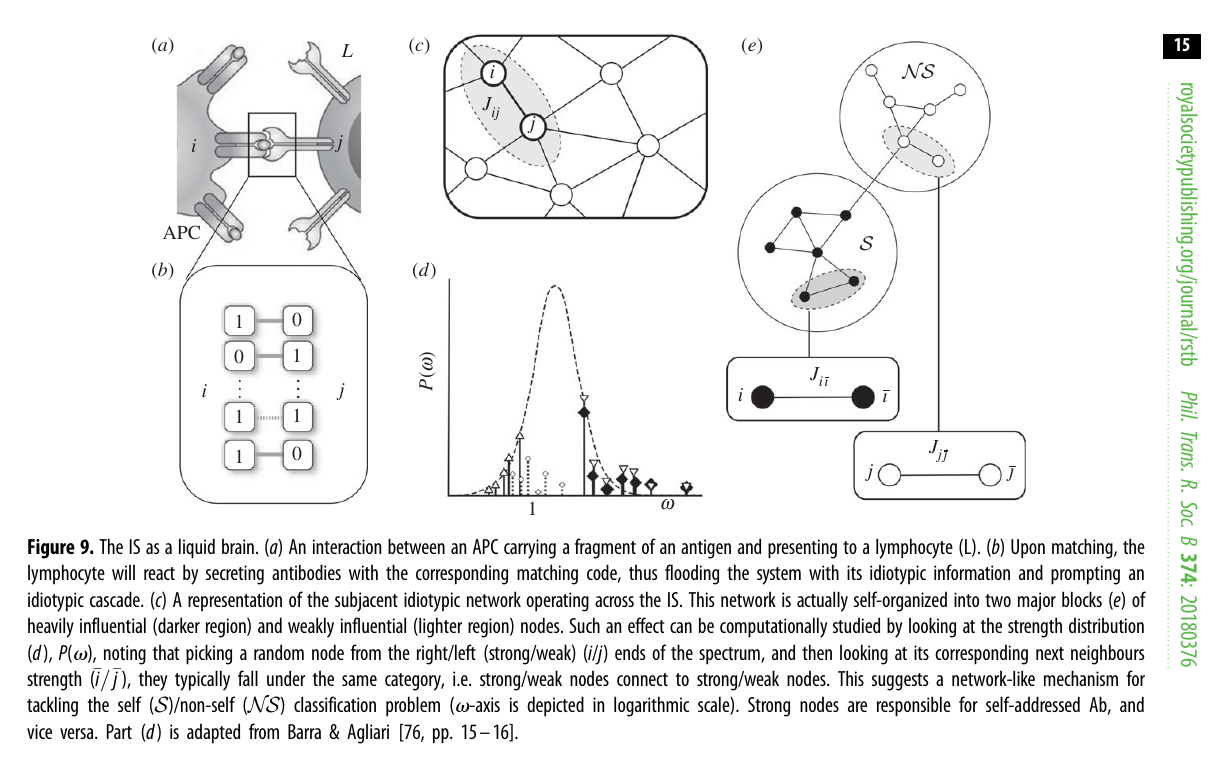What is immunity and how to improve body’s self-defence
The ideas that follow are strictly a matter of personal opinion. I am not claiming to be immunology specialist and many statements below would fly straight into the face of “evidence-based medicine”.
Some general notes about “evidence-based medicine”
My personal experience of speaking with a person trained in the primacy of “evidence-based medicine” doctrine, tells me that they are systematically trained to reject anything new, unproven, potential ways of advancing health-related matters.
And this is, unfortunately, a fundamental fallacy, in my opinion, that is slowing down the development of medicine in the long-term. Maybe, on the other hand, it is a sign of new development, that we already witness, where so-called non-traditional health approaches are becoming more and more established, and used by people to tackle health matters.
In one of such conversations, I was explaining this. Yes, “evidence-based medicine” has discovered many of the so-called pathways. The pathway is simply speaking a sequence of electrical, chemical and physical reactions in the body, that leads to a certain result. Like for example, some hormones secreted into the bloodstream by an endocrine gland would cause another reaction in some organ or body’s system.
“Evidence-based medicine” prides itself on discovering those pathways and learning to manipulate them, by injecting various external chemicals into the bloodstream. And I agree that many of those discoveries are very useful, especially in the circumstances of the intensive care unit. However, it is where their usefulness ends, for unless we are fully aware that our knowledge of pathways, the way they interact and relate, is very limited, we would consistently do more harm then benefit. And we would never be aware, how for example, some diseases or complications in later age are related to unnecessary or reckless usage of some medical chemical substances in the past.
That is why “evidence-based medicine” is a misnomer to me. Because their evidence only those that can be seen here and now. And what happens afterwards, especially distant in time, has yet to be “proven”.
What is immunity – overview
Many processes in the body are based on so-called antagonists. Like for example, we have a bicep to bend our hand and triceps to straighten it out, like we have artery blood flow and venous blood flow. The same way we have certain hormones that are antagonists and various body and cell functions, that oppose each.
The reason why such opposition exists is that each process should be balanced. And it could be only balanced by something opposite to it. And there are some possible variations and deviations from that principle, but I am not going to split hairs.
Immune processes are built on the very same principle. One may perceive the immune system as a very straight-forward alarm and a firemen team. But it is not. There is no central decision-making in the immune system. It more like a democratic process, or even alike some kind of anarchy rule.
Is it an imperfection of the immune system or on the contrary? It encounters daily tens and hundreds of various new things. Some of them look similar to what was before. Like one red blood cell looks slightly different from another, but they are all “good”, right? But what if one of them has a parasite inside and excreted certain byproducts?
Often after a parasite infection like Lyme or malaria, an autoimmune reaction develops, where the immune system continues to attack some forms of red blood cells based on previous experience with a parasite. Every such decision about each encounter is indeed a hair-splitting exercise for the immune system. There is no “central computer” that will make full analysis and decide. Each decision needs to be taken on the spot. And for that immune system has developed a very complex system of relationship between its components that would balance the decision and propagate a correct decision (or at least one version of what is correct) to all future immune cells.
Such a system has been analysed by scientists very recently [https://doi.org/10.1098/rstb.2018.0376] is alike neural network. It, in reality, a separate “brain” that makes very complex calculations and decisions without involving the central nervous system. How complex it is?

A human body in total has about 35-40 trillion cells. Each one has more than one possible way of interacting with its environment. To be honest each cell has almost infinitely nuanced ways of interacting with its environment.
One of the most powerful modern supercomputers, called Summit (as of November 2019 it is the fastest supercomputer in the world) holds 73 trillion transistors (a simple cell of “computer brain“). Summit occupies 500 square meters. And each transistor has only 2 ways of interacting with the environment – “yes” or “no”. Which requires hundreds of them to make a simple calculation.
So the human body is not even closely matched by even the fastest supercomputer.
Maybe it is more like a quantum computer? Yes, a quantum computer, unlike the normal computer, is based on qubits. Each one having a theoretically infinite number of possible responses between “yes” and “no”.
But how big is the biggest quantum computer? It is only 53 qubits - the 2019 world record.
So when (and if) modern quantum computers will grow to the size of modern supercomputers (and it took computers to get there 60 years) – we will have something even theoretically (if we will be able to program it) capable of calculating of what is happening in one human body day in and day out.
So using those hundreds or maybe even thousands of facts that we have collected about the functioning of the immune system as truth cast in stone, is at the very least too optimistic, but my feeling it is insanity. So what can we do about it?